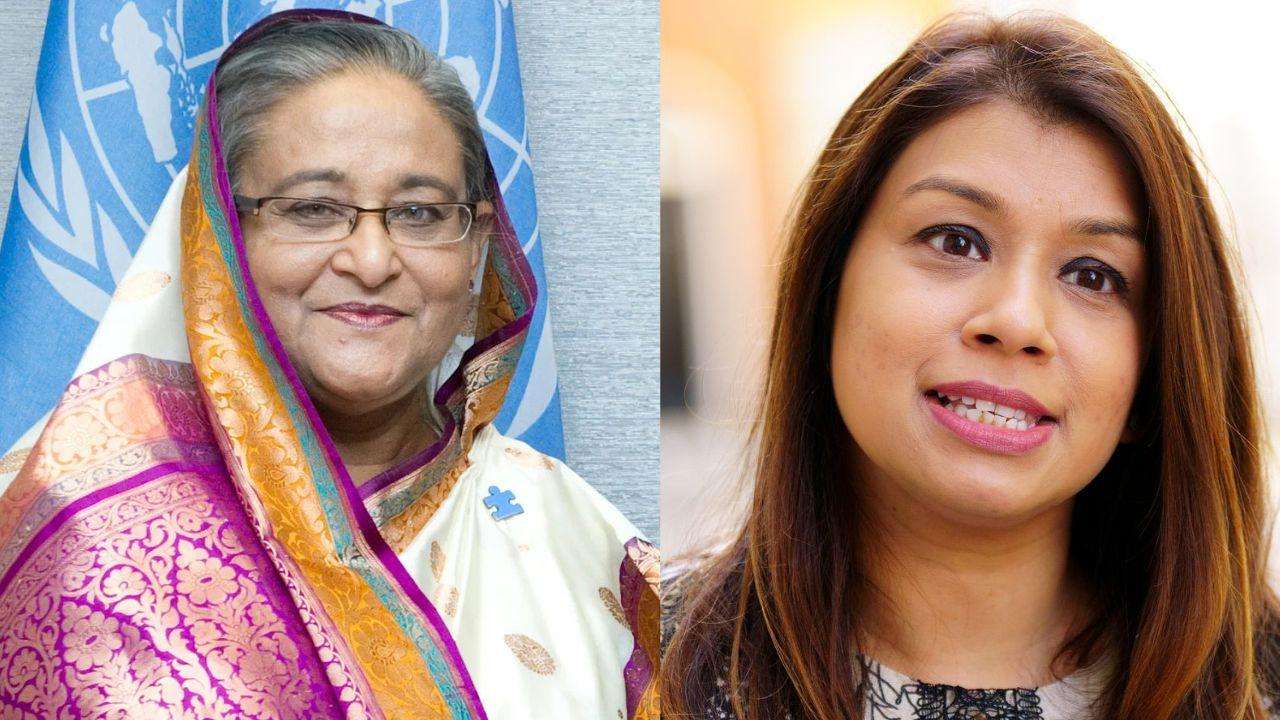As April 14, 2025, dawns, the jubilant spirit of Pohela Boishakh will resonate through Bengali communities across the United Kingdom, marking the Bengali New Year. Families will gather, sharing festive feasts and traditional delicacies, while second and third-generation Bengalis, adorned in vibrant saris and panjabis, will capture these moments, sharing them across social media.
The British Bangladeshi diaspora, in particular, comes together to celebrate its cultural heritage, navigating the intricate interplay of tradition and faith. Within their households, Pohela Boishakh is observed with special meals, colorful rangolis, and floral decorations, emphasizing family and cultural continuity. However, the celebration is not without its complexities. Diverse interpretations of Islamic teachings lead to varying perspectives on certain aspects of Pohela Boishakh, especially those perceived as having pre-Islamic roots. Many, however, view it as a distinct cultural observance, crucial for preserving their heritage, while adhering to the Quranic principles of moderation and good conduct.
The celebration's history in Britain is rich and vibrant. London's "Banglatown" in Tower Hamlets has become a focal point, with its Boishakhi Mela growing exponentially since its official inception in 1997. This event, along with celebrations in cities like Birmingham, Manchester, and Luton, showcases the dynamic evolution of Pohela Boishakh, blending traditional elements with local influences.
In recent years, however, concerns about commercialization and cultural authenticity have surfaced. Allegations persist that some events prioritize commercial gain over cultural integrity, featuring inappropriate content and raising ethical concerns, including allegations of human trafficking related to imported performers. These issues cast a shadow, prompting discussions about safeguarding cultural heritage and ethical practices.
The Wider South Asian Tapestry: Celebrities and Cross-Cultural Celebrations
Beyond the specific context of the British Bangladeshi community, it's crucial to acknowledge the broader South Asian cultural landscape in the UK. British Indians and British Hindus, alongside other South Asian communities, often participate in and appreciate the cultural richness of Boishakh, recognizing it as part of the wider South Asian heritage.
Cross-Cultural Appreciation: British South Asian celebrities, including those of Indian and Hindu backgrounds, often express their appreciation for diverse cultural celebrations, including Pohela Boishakh, highlighting the shared cultural threads that bind South Asian communities.
Social Media Engagement: Many celebrities use social media platforms to showcase their participation in or appreciation for cultural festivals, including Boishakh, thereby broadening its reach and fostering cross-cultural understanding.
Artistic Collaborations: Cultural events often feature collaborations between artists from different South Asian backgrounds, enriching the celebrations and fostering a sense of unity.
It is important to note, the historical context of the partition of India and Bangladesh has created both division and unity amongst south Asian people. And cultural events like this, can be a way to unite people.
Shared Heritage: The Bengali New Year is a cultural event that can be appreciated by all south Asian people, because of the shared history and cultural background.
The celebration of Pohela Boishakh in Britain serves as a powerful reminder of the dynamic interplay between tradition, faith, and evolving cultural expression. It's a testament to the resilience of heritage, the strength of community, and the ongoing dialogue surrounding cultural identity in a diverse society. As the spirit of Pohela Boishakh illuminates communities across the UK, it underscores the importance of fostering understanding and respect for cultural diversity, while navigating the complexities of modern multiculturalism.
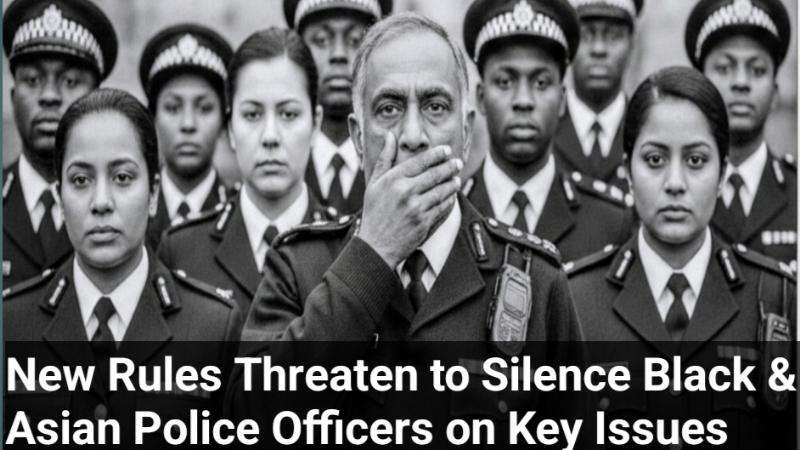
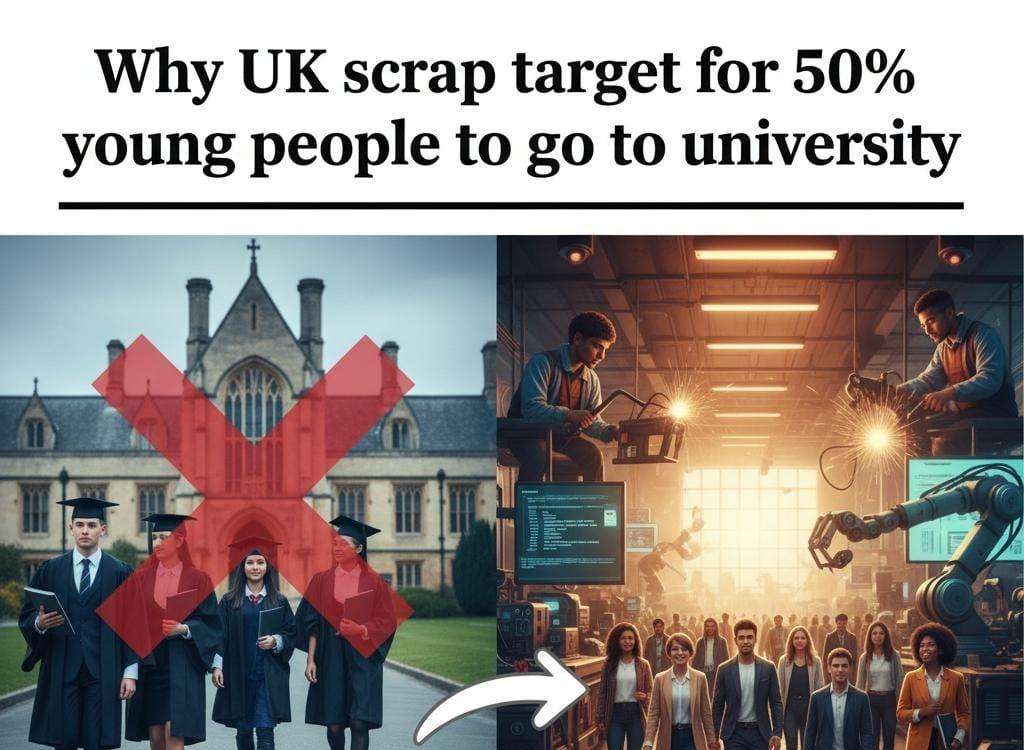
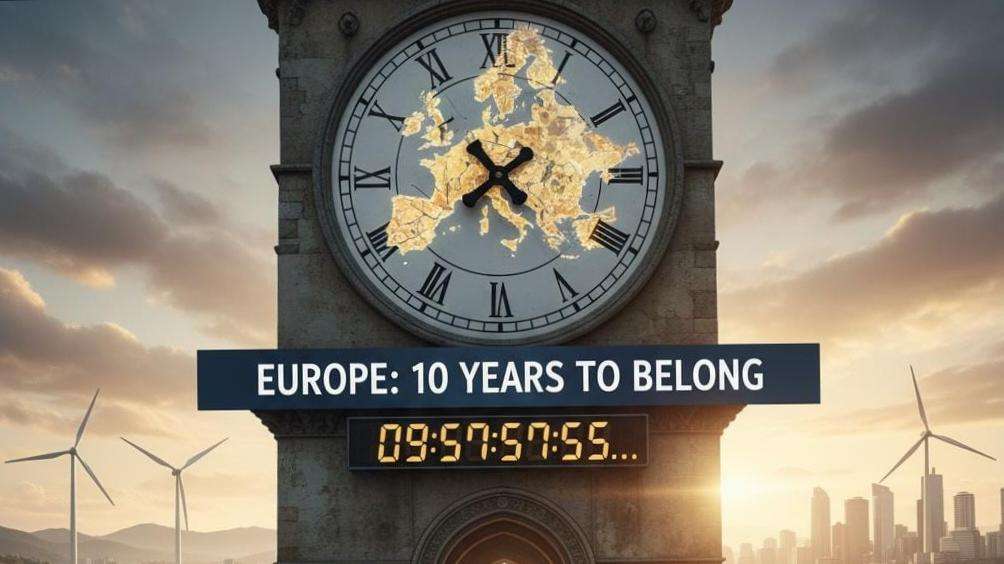
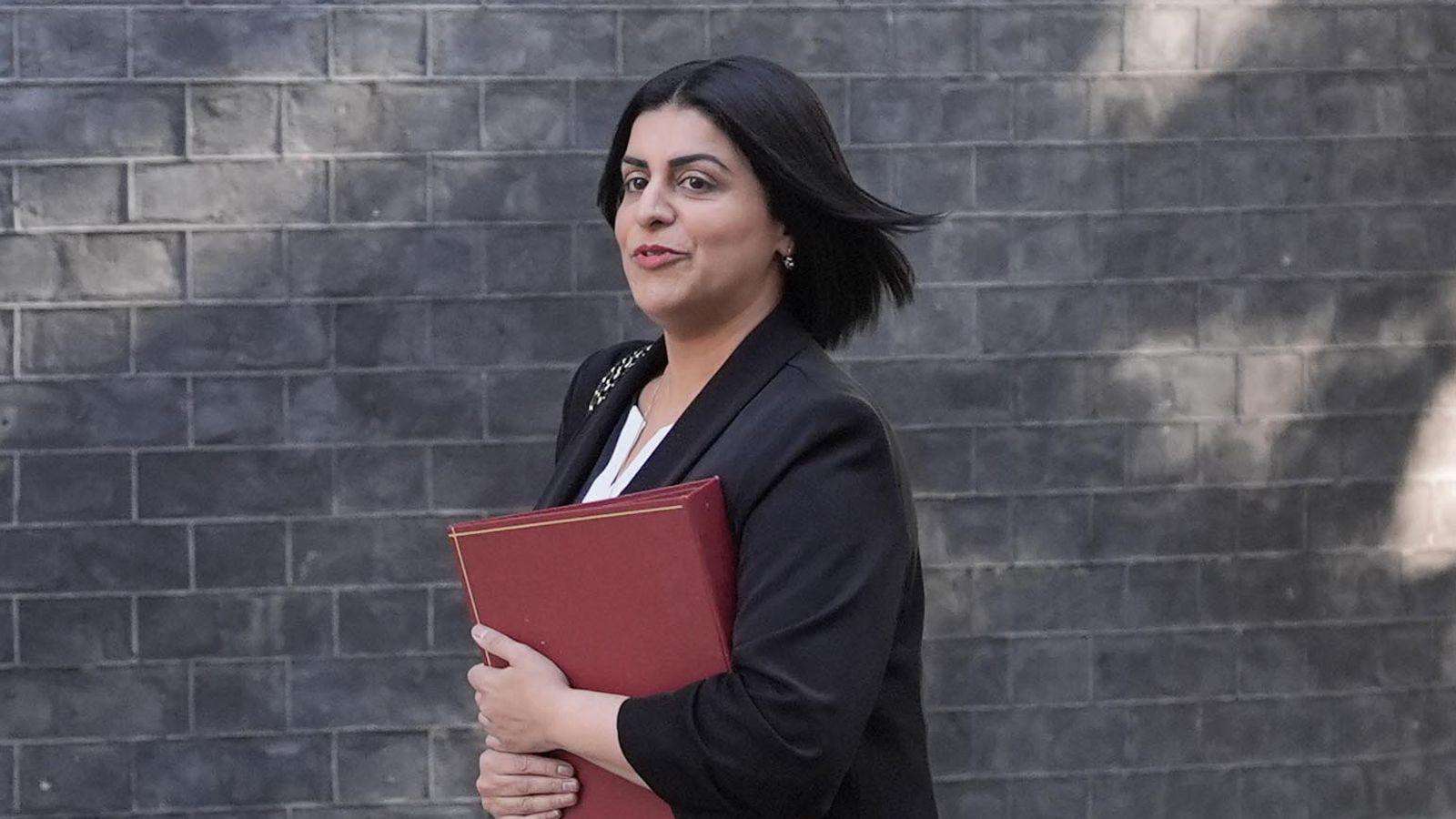


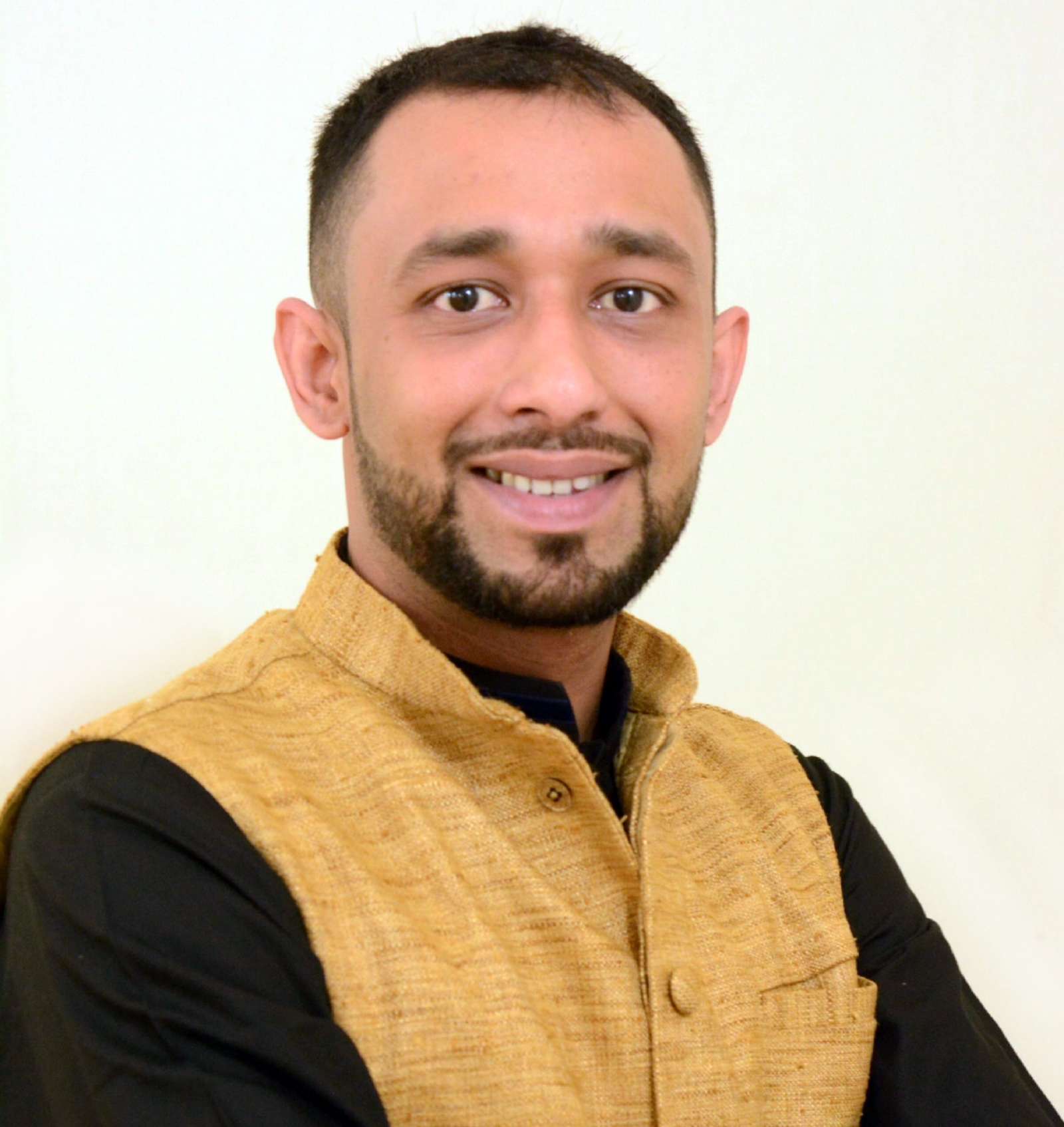
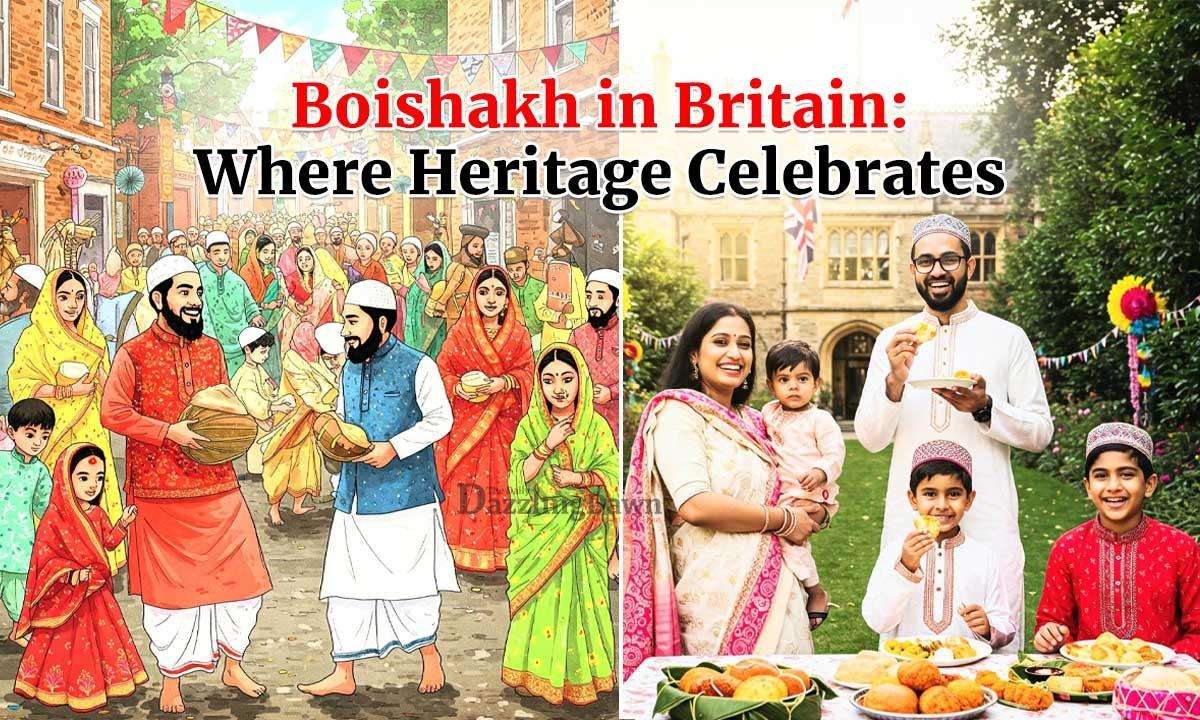
.svg)


